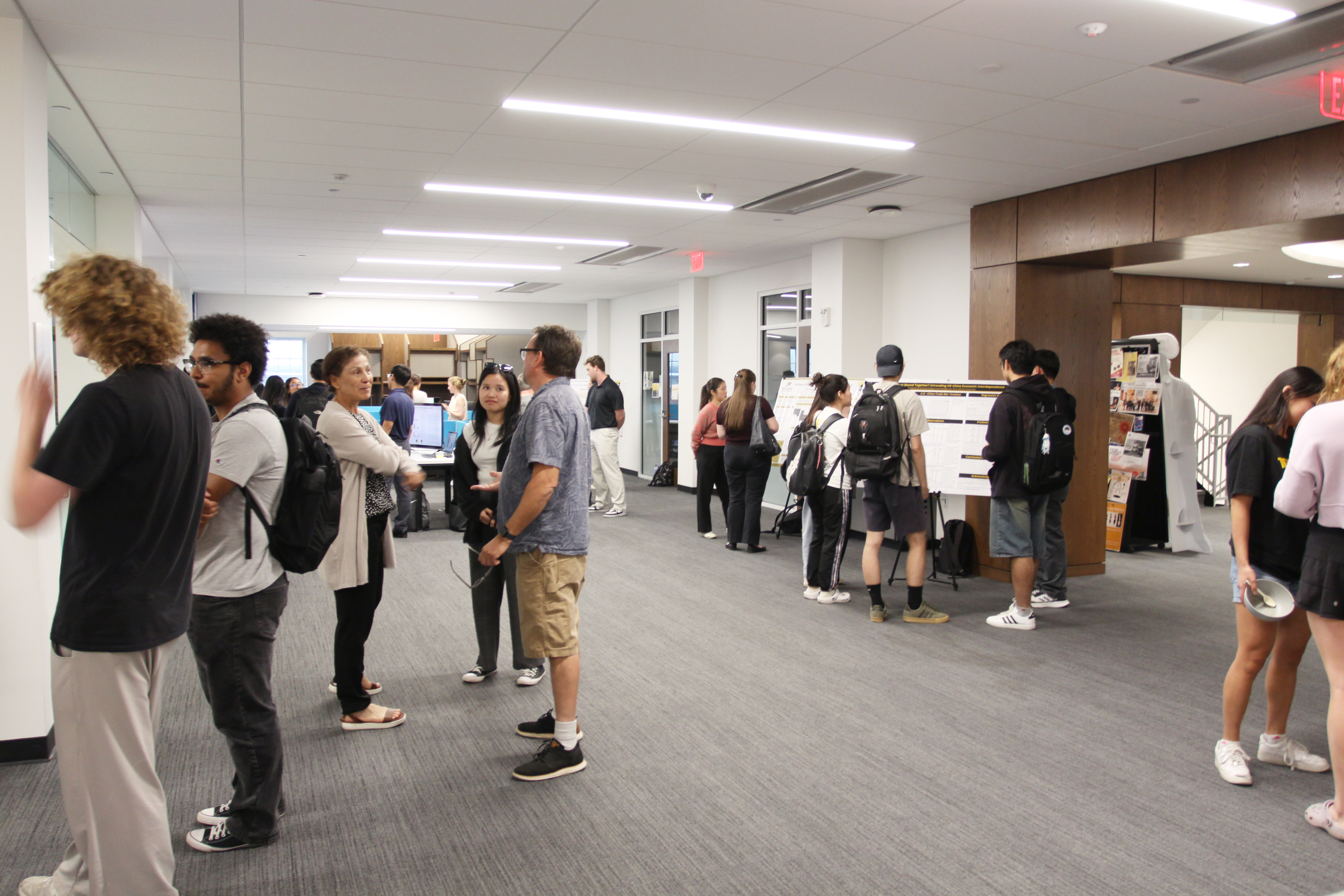Document Type
Article
Publication Date
1-2021
Abstract
The kidney performs several vital functions that maintain our general health condition, including filtering waste chemicals out of our blood. Kidney failure is a condition where patients’ kidneys lose their ability to filter the waste from their blood, leading to accumulating toxin in their body. Without any medical care, a patient with kidney failure has a couple days to a couple of weeks to live. One way to elongate the life of the kidney-failure patient is through kidney transplant, where another kidney is implanted into the patient’s body.
In the U.S, it is illegal to trade a kidney for money. Therefore, the supply of kidney come from volunteers, which could be living or deceased donors. According to the U.S National Kidney Foundation, the kidney supply can only meet 10% of the demand. From an economic point of view, this current kidney supply system in the U.S is not efficient, since it could not meet the large demand from patients. In 2014, 4,761 patients died while waiting for a kidney transplant. In the same year, there were 3,668 people who became too sick to receive a kidney transplant. On average, there are over 3,000 new patients on the waiting list each month (National Kidney Foundation, 2018). These statistics are the pressure for the scholarly community to figure out a solution for kidney failure patients.
Market has a big reputation for its famous function: allocating scarce resources. Facing with the shortage of kidney, a market mechanism is proposed to allocate the kidney, a scarce resource, from donor to acceptor. A competitive market mechanism in human organs is believed to improve the current kidney shortage situation. On the other hand, many critics worry that establishing a kidney market will damage the liberties of human. For example, they worry that a kidney market will enable exploitation of the desperation of the poor. The issue of kidney market is highly controversial.
I appreciate the premium function of the market that enables human to allocate our rare resources. However, it is too hard to deny that the kidney market generates the pecuniary externality that damage human liberties. Therefore, I believe that believe that we should put the market of kidney on pending until we can eliminate its severe damage on human liberties. With hope, we are looking forward to having a new policy that can eliminate the limitations of the kidney market and can enable a better life for kidney-failure patients soon.
Recommended Citation
Truong, Sang T., "An Ethical Market for Kidney?" (2021). Student Research. 7, Scholarly and Creative Work from DePauw University.
https://scholarship.depauw.edu/studentresearchother/7


